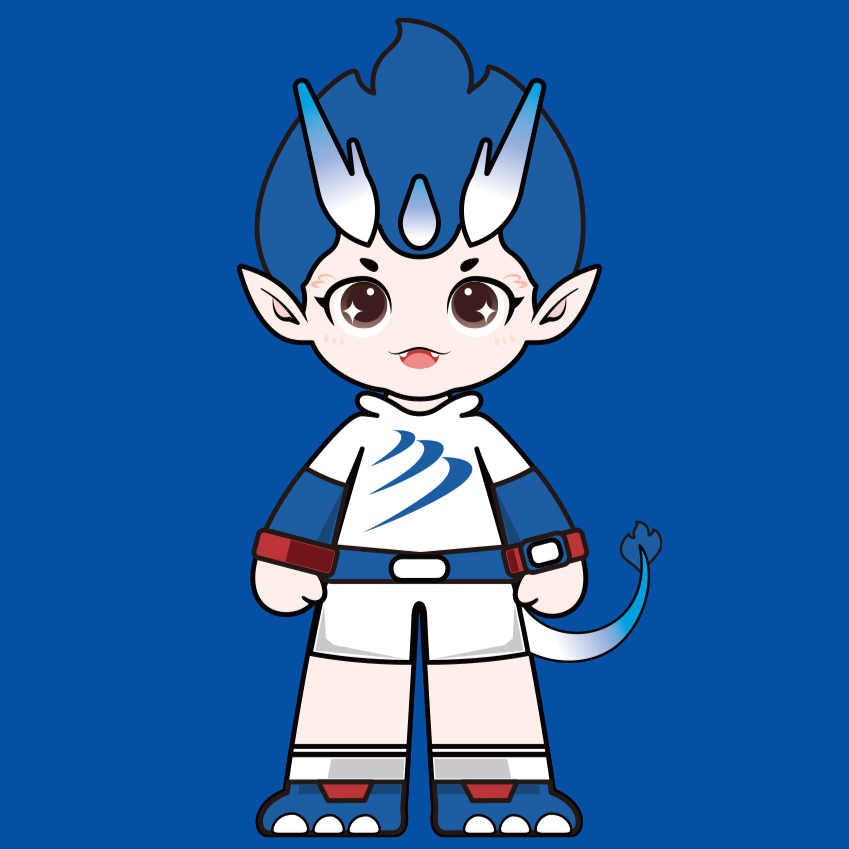
语法解析:定冠词the的主要用法
2023-10-18 · 百度认证:云南新华电脑职业培训学校官方账号
 云南新华电脑学校
云南新华电脑学校

一、用于上文提到过的或者交谈双方都知道的人、事、物的名词或代词前。例如:
1、He has a car. The car is blue. (他有一辆车,这辆车是蓝色的。)
说明:句中the car特指上句提到过的a car。
2、Open the window, please.(请打开那扇窗户。)
说明:对话双方都知道句中the window所指的窗户。
二、用于世界上独一无二的事物前。例如:
The earth revolves around the sun. (地球绕着太阳转。)
说明:句中地球the earth和太阳the sun都是自然界中独一无二的存在。
三、用于单数可数名词前,可以表示一类人或者事物。例如:
1、The tiger is dangerous to other animals.(老虎对其它动物来说非常危险。)
说明:句中the tiger表示的是老虎这个种类。
2、The car goes faster than the bike.(汽车比自行车快。)
说明:句中the car和the bike都表示一类交通工具。
四、用于序数词和形容词的最高级、特指的比较级前。例如:
1、The game is on the sixth of June.(比赛在六月六日举行。)
2、Mike is the tallest boy in his class.(迈克是他班里最高的男孩。)
3、She likes the bigger of the two cars in her family.(她喜欢她家里两辆车中比较大的那辆。)
五、用于“play+the+乐器”结构中。例如:
1、She always plays the piano after school every day.(她每天放学后总是弹钢琴。)
2、He likes playing the violin.(他喜欢拉小提琴。)
六、用于形容词或分词前,用来表示一类人或事物。例如:
1、I think the rich should help the poor.(我认为富人应该帮助穷人。)
说明:句中the加形容词rich,poor表示富人和穷人。
2、The nurses are looking after the wounded.(护士正在照看伤员。)
说明:句中the加过去分词wounded表示伤员这一类人。
七、用于“the+姓氏复数”,表示一家人或者夫妇两人。例如:
1、The Browns will go to New York next month.(布朗一家人下个月要去纽约。)
2、The Greens want their son to give the girl a hand.(格林夫妇想要他们的儿子帮一下那个女孩。)
八、用于某些由普通名词构成的专有名词前以及表示河海山川、国家政党的专有名词前。例如:
1、the Great Wall(长城),the Red Cross(红十字会),the World Cup(世界杯)
2、the Himalayas(喜马拉雅山脉),the Pacific Ocean(太平洋)
3、the Communist Party of China(中国共产党)
九、用于表示时间、地点和方位的名词前。例如:
1、in the morning(在早上)
2、at the airport(在机场)
3、in the east(在东方)
十、用于“动词+sb.+介词+the+身体部位”结构里。例如:
1、A book fell off the desk and hit him on the foot.(一本书从书桌上掉下来,砸在他的脚上。)
2、He caught her by the arm for help.(他抓住她的手臂求救。)
十一、用于句型“the + 比较级...,the + 比较级...”结构中,表示“越……,就越......”。例如:
1、The harder you study, the greater progress you'll make.(你越努力学习,你取得的进步就越大。)
2、The more you eat, the fatter you'll get.(你吃得越多,你就会变得越胖。)
十二、用于一些固定短语中。例如:
1、in the end(最终)
2、at the same time(同时)
3、all the best(万事如意)
1.定冠词the 表示特指。表示名词所指的人或事物是同类中的特定的一个,以别于同类中其他的人或事物,相当于汉语中的“那个”或“这个”的意思。
the book in my bag the boy under the tree
the apples in the basket the hospital near my home
2.可以和单、复数名词,也可以和不可数的名词连用。
the books the book the rice the bread the football
the old man the interesting book the teachers the women
定冠词的用法:
1). 定冠词的最基本的用法是“特指”:表示某个或某些特定的人或物。
Do you know the girl in a red skirt? 你认识那个穿红裙子的女孩吗?
Beijing is the capital of China. 北京是中国的首都。
2). 再次提到上文提到过的人或物,应该用定冠词the。例如:
Tom has an apple, The apple is big and red.
There is a boy under the tree.The boy is my brother.
3). 指谈话双方都知道的人或物。例如:
Let’s go and give it to the teacher.咱们去把它交给老师吧。
Open the door,please!请打开门。
4). 用于某些固定词组中。 例如:
in the morning / afternoon / evening 等。
5). 用在形容词前表示一类人。
the old 老人 the young年轻人 the rich富裕的人
6). 用在表示“姓”的复数名词前,表示一家人或夫妇二人。 例如:
The Whites are spending their holiday in England.
The Greens came to China two years ago .
7). 用在由普通名词构成的表示场所的专有名词前。
the Great Wall 长城 the Summer Place颐和园
the United States 美国 the October Revolution 十月革命
the Chinese People’s Liberation Army 中国人民解放军
the Long March 长征
8).用在序数词或形容词级前
The first thing I want to say is to listen carefully in class.
He is the tallest one in our class.
9).世界上独一无二的事物等(月亮、地球、天空、宇宙)
the globe太阳系 the universe 宇宙 the atmosphere大气层
The sun rises in the east.
The earth goes round the sun.
10).在世纪,年代名词前用冠词。
in the 1980s 或 in the 1980’s 20世纪80年代
in the nineteenth century 二十世纪
11).在江河、山脉、湖泊、海洋、群岛、海峡、海湾运河前用the。
the Changjang River 长江
the West Lake 西湖 the Pacific Ocean 太平洋
12).在表示方位的词前,如:
The sun rises in the east, and sets in the west. 太阳从东边升起,从西边落下
Jiangxi lies in the south of China. 江西位于中国的南方。
13)在乐器名称前常用定冠词,如:
He often plays the piano at five in the afternoon. 他常在下午五点弹钢琴。
Can you play the violin? 你会拉小提琴吗?
14)用于表示计量的名词前,如by the....“以...计算”,如:
by the dozen按打计算 by the hour按小时计算
区别: by weight按重量计算 by dozens按打计算
by volume按体积计算 by hundreds数以百计,很多
15)用在报刊、杂志、条约、历史、事件、时期、朝代等前面,如:
the New York Times纽约时报 the Middle Ages中世纪
16)固定短语:
in the morning 在早上 the day after tomorrow 后天
the next day 第二天 by the way 顺便
【对比】有the 和没有the 意义不同的词组:
at table 在吃饭 at the table 在桌子旁 at school 上学 at the school 在学校
go to bed 上床睡觉 go to the bed 朝床边走去
in hospital/prison 住院(坐牢) in the hospital/prison在医院/在监狱
in future 今后 in the future将来 take place发生 take the place取代
in office执政 in the office 在办公室
go to church/college/hospital/prison/school 做礼拜、上大学、住院坐牢、上学
go to the church//college/hospital/prison/school 到教堂去、到大学去、到医院去、到监狱去、到学校去

